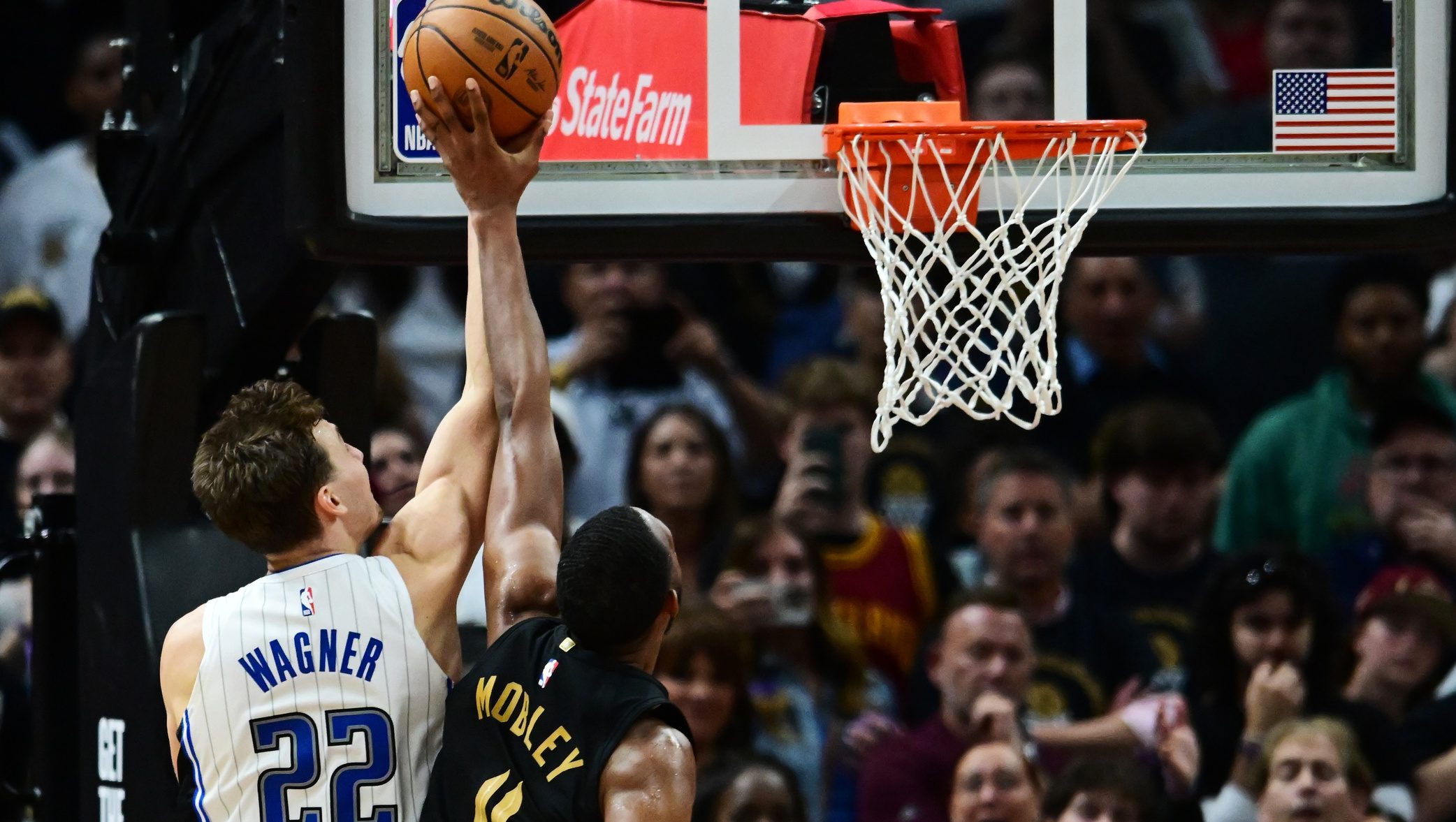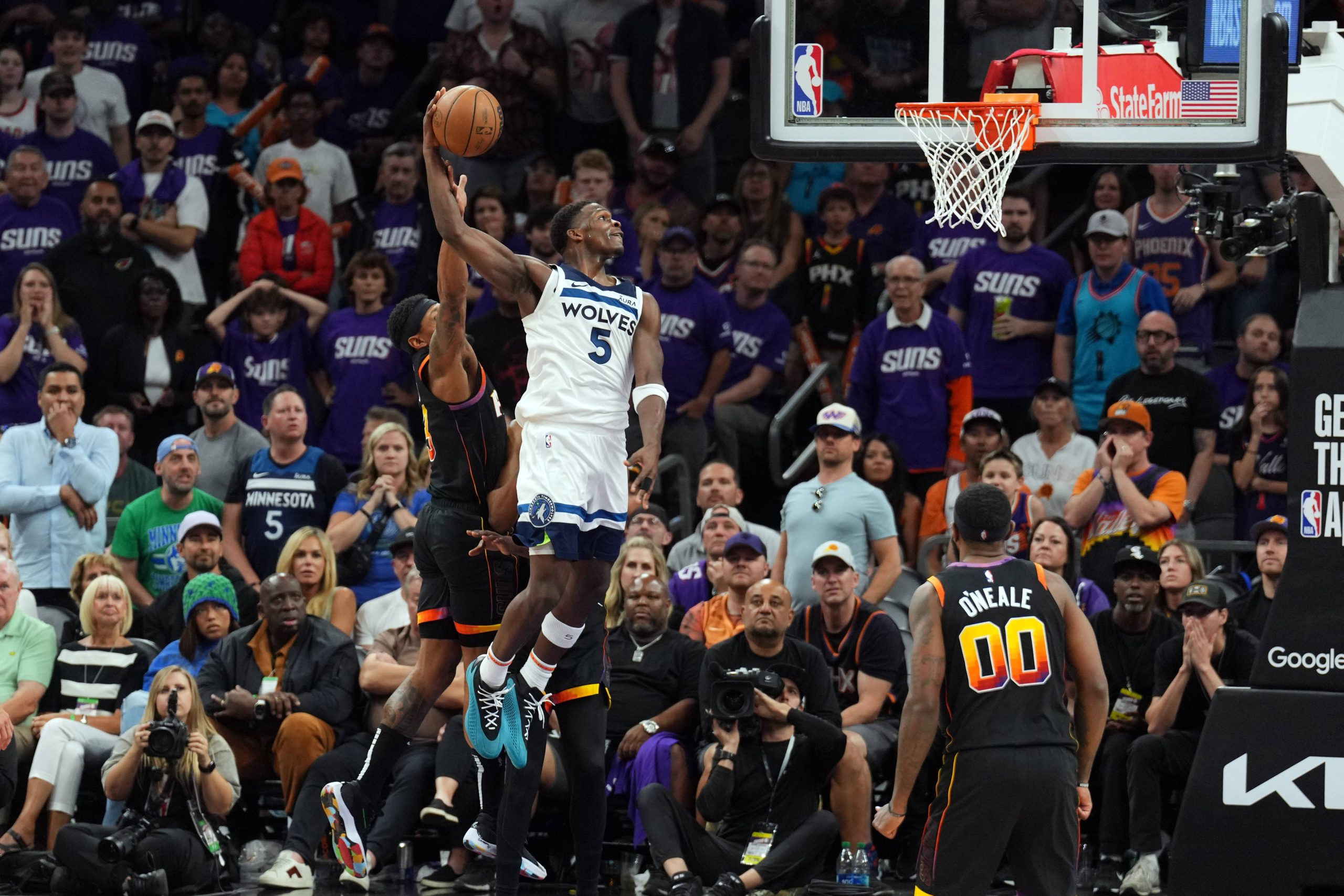The Awful Announcing Wednesday Newsletter is a deep dive into all things sports media with original commentary, highlights from the week, social media buzz, and much more. Below is our “A Block” that leads off the newsletter. You can read this and more by subscribing here. We send a recap of what’s been on AA on Monday and Friday mornings as well as the extended original version on Wednesdays.
The rise of Formula One fandom in the United States is an incredible story. The world’s greatest racing series has been on the fringes of the American sporting landscape for decades, ebbing and flowing in relevance. Sure there have been times when it has drawn interest, especially with some of the most notable American drivers of yesteryear taking part. However, F1 reached new levels of interest with the mainstream success of Netflix’s Drive to Survive and a commitment from ESPN to show every race live and commercial free on its family of networks. Now F1 is one of the trendiest sports there is, business and ratings in the US have never been better, and there are now three grand prixs in the United States.
But questions are arising if the best is yet to come for F1 or if the sport is already reaching a plateau.
Over the weekend Max Verstappen won his record-tying ninth consecutive race at his home Dutch Grand Prix as he will waltz his way to a third straight drivers championship. Red Bull have won all 13 races so far this season with Verstappen winning 11 total and Sergio Perez taking the top podium spot in the other two. More than that, the way Verstappen has won each race has lacked any real drama whatsoever. Either he has comfortably won from pole or breezed through the rest of the field so easily that they might as well throw the checkered flag as soon as he hits the front.
Recent F1 fans will be bitterly disappointed considering the epic 2021 season that brought so many fans onboard went down to a last lap battle between Verstappen and Lewis Hamilton.
But competitive back-and-forth seasons and rivalries are unfortunately rare in F1. Spells of dominance are relatively commonplace. Hamilton himself won six of seven championships with Mercedes (teammate Nico Rosberg won the other) before Verstappen. Previous to Hamilton, Sebastian Vettel won four straight with Red Bull. You can also go back to the early 2000’s where Michael Schumacher won five consecutive titles with Ferrari.
This week Sports Business Journal ran a feature asking whether F1 has peaked in America. Viewership this season is stagnant with ESPN’s races averaging 1.24 million viewers compared to 1.3 million viewers last year. However, everyone from ESPN to sponsors to stock market watchers still see growth in the sport with more opportunities to come in the near future.
“SBJ spoke to more than a dozen industry executives in racing and sports business and got varying takes on F1’s trajectory. While some believe the sport has hit a ceiling in the U.S., others are far more bullish, including ESPN. They point to remaining levers left to pull such as the Vegas race; the Pitt film and several other content projects in the works in Hollywood; and adding a more prominent U.S.-based team or successful American driver.”
While all those future developments are good omens for F1’s future, can the sport sell uncompetitive races and championships if Verstappen and Red Bull extend their dominance? Or will more parity be needed to maintain interest beyond high-rollers who can afford ticket packages to Vegas and Miami, Netflix fans, and the curious and casual? There’s only so many people who will tune in to see whether or not McLaren can hold on to being the “Best of the Rest” and see if Logan Sargeant can finally record a point.
Furthermore, F1 will now reach the point in the American sporting calendar where football is front and center and everything else will fight for scraps of attention. It’s hard to see fans dedicating time to watching non-competitive races where a champion has long been decided. By the time Verstappen takes his next checkered flag, many American fans may have moved on to an NFL pregame show.
Additional levers for the sport to pull are great. And it’s hard to see F1 fandom going all the way back to where it was five or ten years ago. But for the sake of the sport and its fans, hopefully the 2024 season brings a little more competition at the top to see what it’s really capable of stateside.
Click here to read more and subscribe to the Awful Announcing Newsletter.





